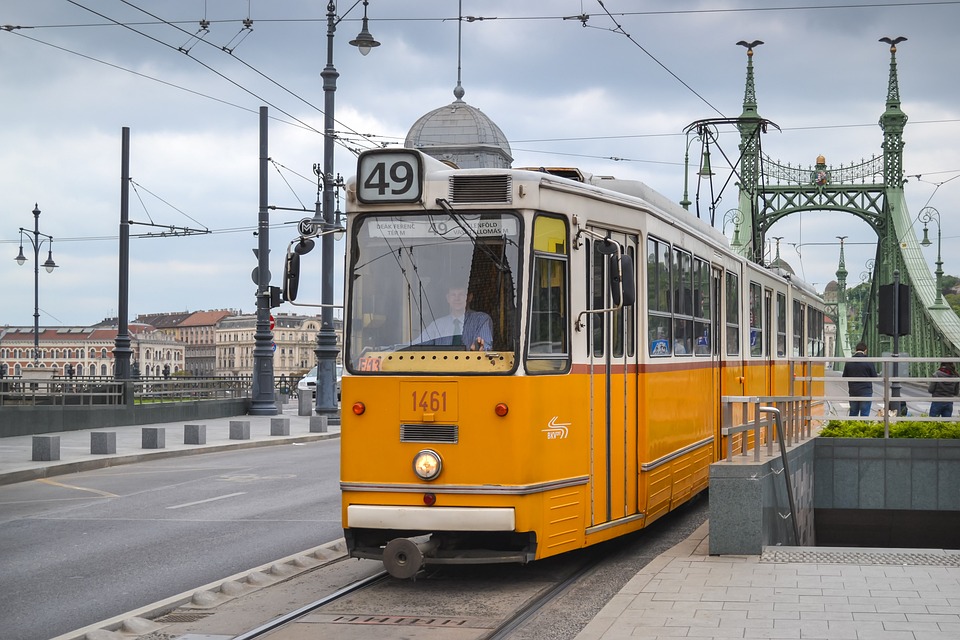The capital is served by three large train stations called Eastern, Western, and Southern terminuses. Szolnok is the most important railway hub outside Budapest, while Tiszai Railway Station in Miskolc and the main stations of Szombathely, Győr, Szeged, and Székesfehérvár are also key to the network.
Budapest, Debrecen, Miskolc, and Szeged have tram networks. The Budapest Metro is the second-oldest underground metro system in the world; its Line 1 dates from 1896. The system consists of four lines. A commuter rail system, HÉV, operates in the Budapest metropolitan area. Hungary has a total length of approximately 1,314 km motorways. Motorway sections are being added to the existing network, which already connects many major economically important cities to the capital. Ports are located at Budapest, Dunaújváros and Baja.
There are five international airports: Budapest Ferenc Liszt, Debrecen, Hévíz–Balaton, Győr-Pér, and Pécs-Pogány, but only two of these receive scheduled flights. Low-budget airline Wizz Air is based at Ferihegy.























